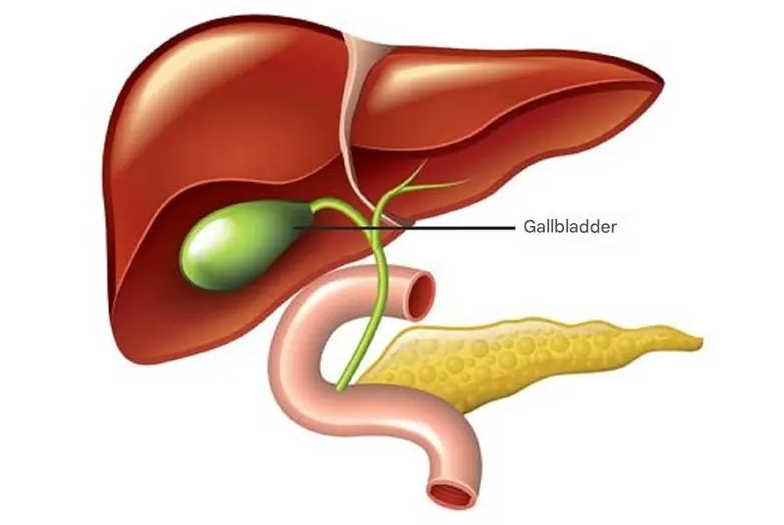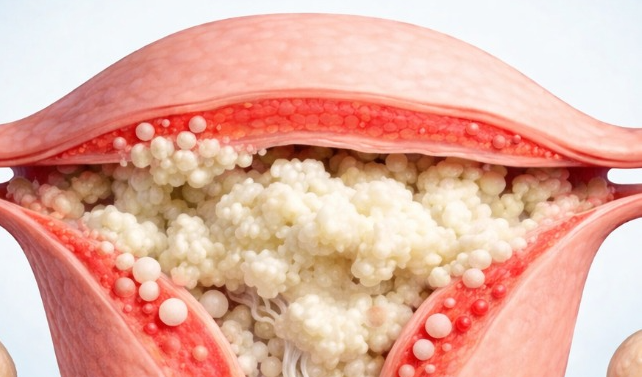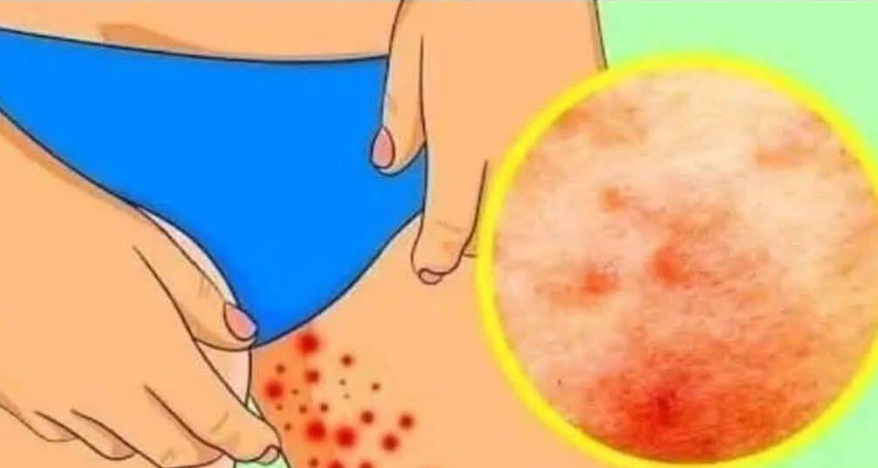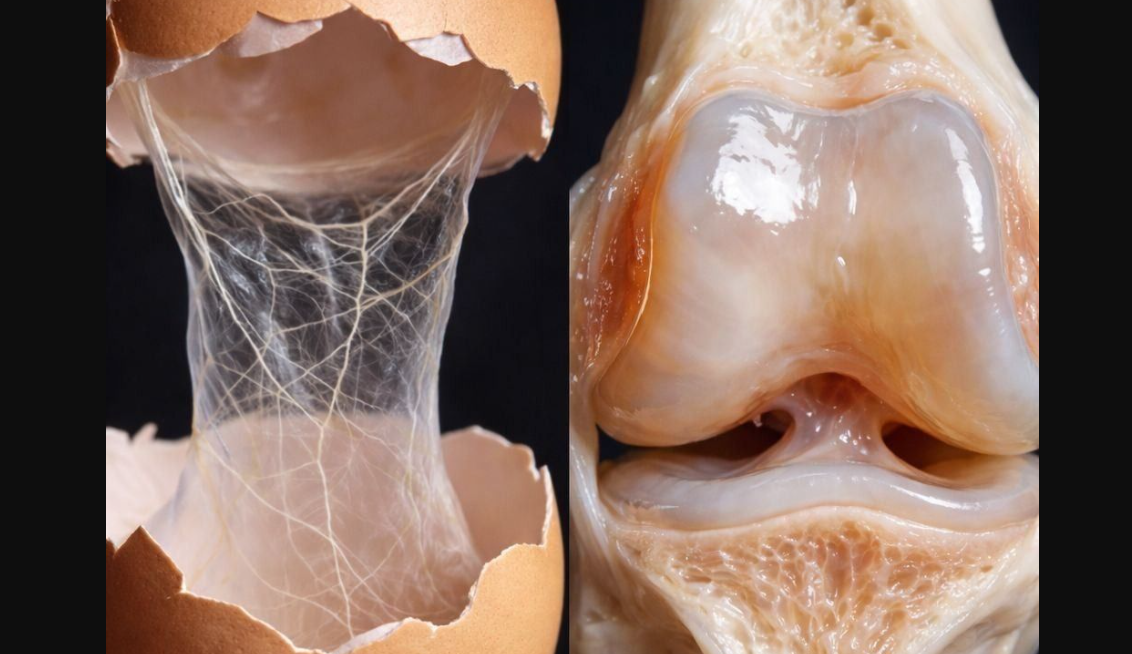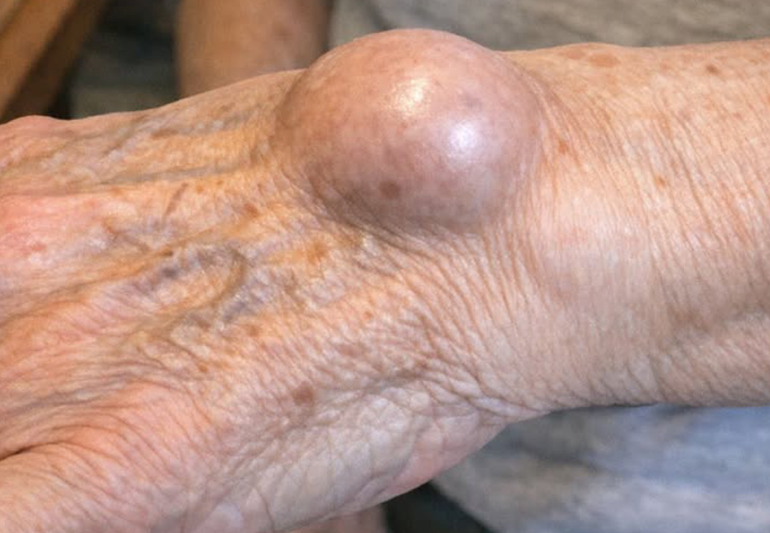The gallbladder, a small organ located beneath the liver, is closely connected to it via the bile duct. Its main function is to store bile, acting as a diligent guardian that silently performs its vital role in the body.
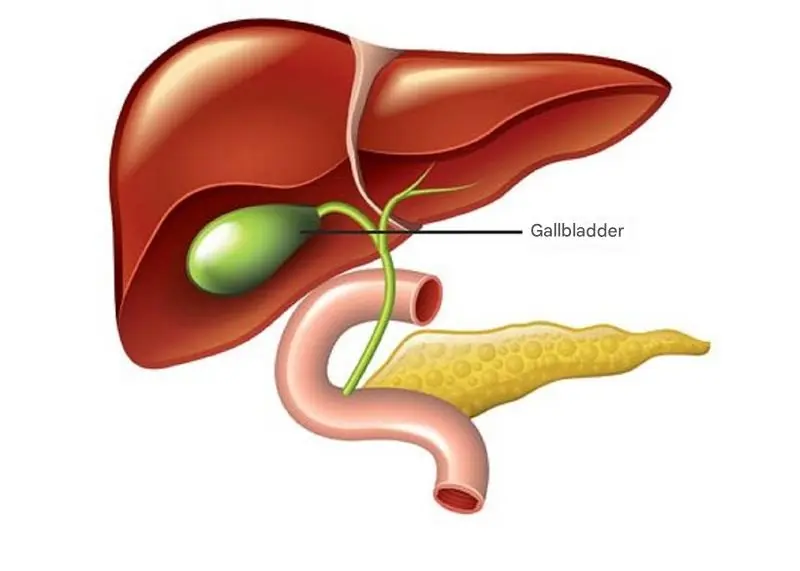
When we enjoy delicious food, the gallbladder contracts, sending bile into the duodenum to help break down fats. Bile also has antibacterial properties, functioning as an invisible health defense force that maintains digestive system health.
When the gallbladder encounters problems, it is akin to turmoil in a peaceful home, leading to symptoms such as abdominal pain, nausea, and vomiting. Therefore, we should cherish and protect our gallbladder health.
Should the Gallbladder Be Removed If Gallstones Are Found?
The necessity of gallbladder removal depends on the type of gallstones and the severity of symptoms. If the stones are small and cause no significant discomfort, doctors typically recommend conservative treatment with regular monitoring.
However, if gallstones cause severe symptoms or complications such as cholecystitis, cholangitis, or if the stones are too large or numerous, doctors may advise gallbladder removal.
In summary, whether gallbladder removal is necessary depends on the type of gallstones, symptom severity, and other related factors.
How Does the Body Change After Gallbladder Removal?
1. Reduced Fat Digestion Ability
One of the gallbladder’s primary functions is to store bile, which contains cholesterol and bile salts that help digest fats. Without the gallbladder, bile storage and release are affected, making fat digestion and absorption more challenging.
2. Indigestion
Since bile aids fat absorption and the gallbladder serves as its reservoir, its removal leads to continuous rather than intermittent bile release into the duodenum. This change may impair digestion, causing bloating and belching.
3. Disruption of Gut Bacterial Balance
Bile contains antimicrobial components that help maintain gut health. Without a gallbladder, bile flow changes, potentially disrupting gut bacteria balance and increasing the risk of intestinal infections and inflammation.
4. Bile Reflux
Gallbladder removal may cause bile to flow rapidly into the stomach, leading to bile reflux, which can result in stomach discomfort. The high acidity and bile salt content in bile may irritate the stomach lining, causing discomfort.
5. Dietary Adjustments
Some individuals experience bile reflux post-surgery, leading to symptoms such as nausea and heartburn. To minimize discomfort, they may need to reduce high-fat foods, particularly fried and strongly flavored foods, while increasing fiber intake and avoiding overeating and excessive alcohol consumption.
6. Sleep Disruptions
The primary effect of gallbladder removal is impaired fat digestion and absorption. However, individual health conditions vary. Some people experience sleep disturbances post-surgery, including poor sleep quality, anxiety, and insomnia. Fortunately, with proper adjustment, sleep quality can improve.
3 Diseases That May Follow – Avoid Surgery If Possible
1. Reflux Gastritis
Although bile production continues after gallbladder removal, its secretion decreases and lacks concentration, weakening digestion. If difficult-to-digest or high-fat foods are consumed, bloating and diarrhea may occur, and bile reflux may lead to reflux gastritis.
2. Colon Cancer
Post-surgery, the body may face additional risks, particularly an increased likelihood of colon cancer. After gallbladder removal, secondary bile acid levels in the body increase, irritating the colon and raising the risk of cancerous changes.
Studies indicate that individuals who have undergone gallbladder removal face a higher risk of colon cancer than the general population. Thus, gallbladder removal should be considered only when absolutely necessary to prevent the loss of its protective functions and reduce colon cancer risk.
3. Common Bile Duct Stones
Once the gallbladder is removed, the common bile duct assumes its role. However, without the gallbladder to store bile, pressure on the common bile duct increases, causing compensatory dilation. This prolonged bile stagnation heightens the risk of bile duct stones.
Recommended Diet After Gallbladder Removal
1. Easily Digestible Foods
Post-surgery, liver, gallbladder, and digestive functions may be temporarily impaired, making food absorption difficult. Patients should opt for liquid or semi-liquid foods, such as lotus root starch or egg custard, which provide energy while easing digestive burden.
2. High-Quality Protein Foods
Protein is essential for bodily functions and wound healing. Consuming high-quality protein aids post-surgical recovery. Suitable sources include eggs, milk, fish, beef, and shrimp.
3. Whole Grains
After gallbladder removal, immunity may be relatively low, necessitating proper nutrition. A well-balanced diet should include a variety of whole grains such as peanuts, sunflower seeds, walnuts, almonds, and pistachios.
However, avoid fried or heavily processed versions of these foods. Opt for natural, unflavored varieties. Peanuts, in particular, help nourish the stomach and improve digestive function.
Extended Reading: How Long After Gallbladder Surgery Can One Be Discharged?
Typically, discharge occurs within 1 to 3 days post-surgery. Gallbladder removal is a common laparoscopic procedure, and post-surgical monitoring ensures no complications arise before discharge.
On the first day after surgery, doctors evaluate pain levels, wound healing, and dietary tolerance to determine discharge eligibility. If no significant complications occur and normal eating, urination, and movement are possible, patients are usually discharged on the second or third day.
Conclusion
After discharge, avoid smoking and alcohol consumption. Eat small, frequent meals, with a light diet that is easy to digest. Prevent staying up late or catching a cold, and engage in appropriate exercise. Following these dietary and lifestyle habits can promote recovery. Generally, within three months post-surgery, patients can gradually return to their pre-surgery diet.
